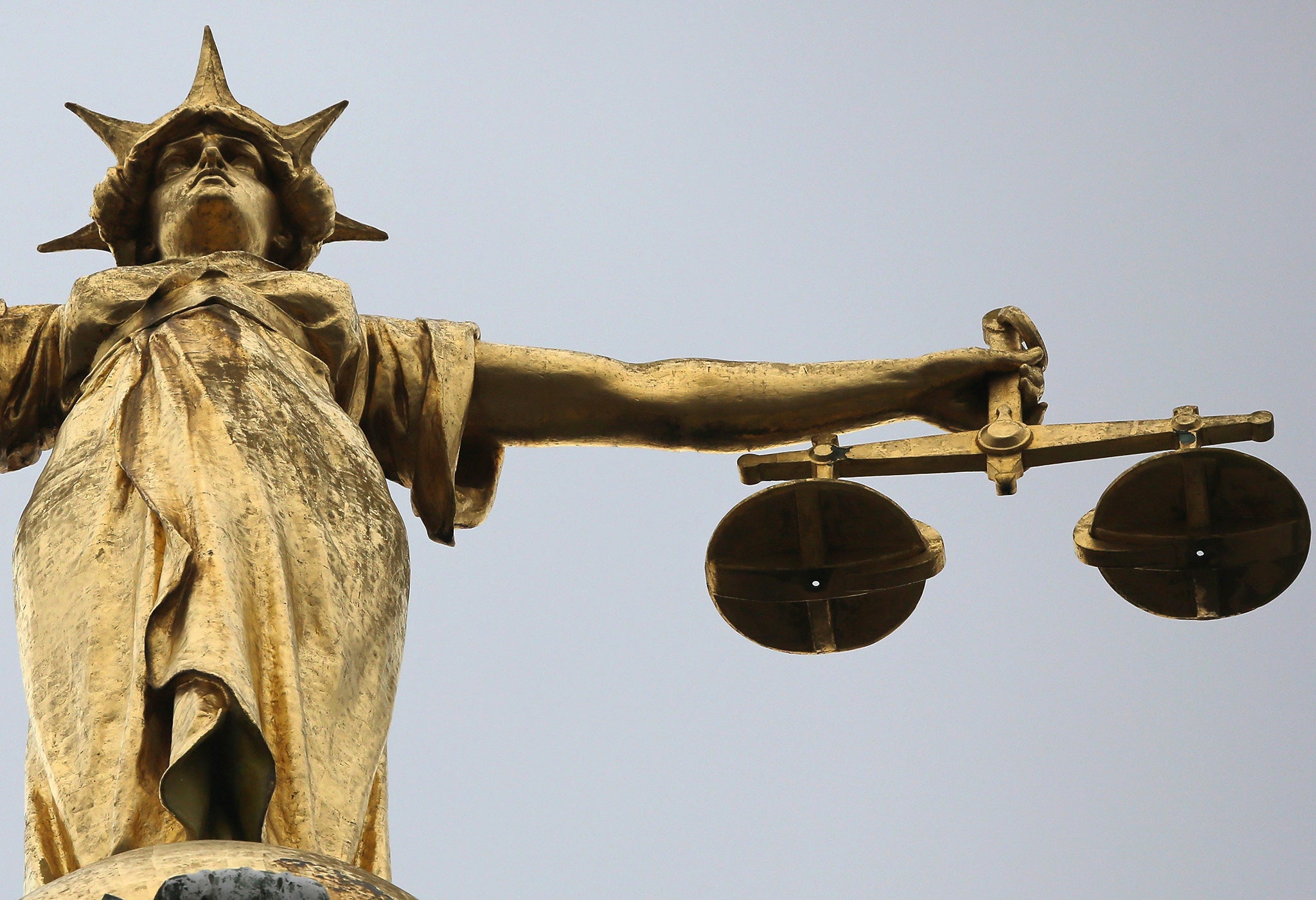Soaring civil court fees price small businesses and people on low incomes out of justice
Exclusive: Impact of high fees echoes fallout from the Criminal Courts Charge

Soaring civil court fees are pricing people on low incomes and small businesses out of justice and letting banks and other big businesses off the hook for bad behaviour, The Independent has learned.
One solicitor said he was aware of at least five cases where small businesses had been mis-sold financial products but could not afford to take legal action because of prohibitive court fees.
Negligence cases against the NHS, homeowners trying to settle disputes and appeals against the tax office are also likely to be affected, according to the Law Society.
The impact of rising fees in the civil courts echoes the fallout from the Criminal Courts Charge, which The Independent revealed last week had caused 50 magistrates to resign over fears of its impact on justice. Many say the new charge encourages innocent people to plead guilty for fear of incurring significantly greater costs on losing after a full hearing.
Large increases in the up-front costs of taking a civil case to court were introduced by the Government in March this year. A consultation on proposals to increase these fees even further – in some cases by as much as 100 per cent – closed on Tuesday night.
In a submission this week to the government consultation, the Law Society said the proposals would “vastly alter the cost of proceedings” and “impact most severely on the least well-off individuals”.
Law Society president Jonathan Smithers said: “There has been no assessment of the impact of increases, just six months ago, of more than 600 per cent. Raising the fees further may render ordinary people’s legal rights meaningless because they simply would not be able to afford to enforce them.
“It is wrong in principle for the courts to make a profit for government. Our members have told us that the Government’s fee increases will stop people being able to bring legitimate cases, particularly people on lower incomes.”
Although civil court fees can be recovered if a case is won, the initial outlay is so large that many people and small business do not have the funds to even get to court.
William Fox Bregman is a solicitor at Ellis Jones who specialises in helping small businesses sue banks or large institutions for mis-selling of financial products. The fees for these cases are currently £10,000 if the value of the claim is more than £200,000 – and the Government has proposed this should double to £20,000.
Mr Bregman said: “I’ve had five or six clients already that have knowingly not issued a claim because of the size of the court fee, which means the banks have won by default.” He added: “The reforms in March – and the further reforms proposed – are punitive and unworkable. Many large institutions like banks are winning by default because they have deeper pockets.”
Those on the lowest incomes with no savings may be eligible for fee remissions but the terms are so stringent that many with meagre means still have to pay.
Rachel Cronin, a solicitor at Margary and Miller, said: “If we increase the fees to the court so that the average person can’t pay it will be the person with the biggest bank balance or the strongest fist who is most successful, which defeats thousands of years of our civil justice system.”
Subscribe to Independent Premium to bookmark this article
Want to bookmark your favourite articles and stories to read or reference later? Start your Independent Premium subscription today.

Join our commenting forum
Join thought-provoking conversations, follow other Independent readers and see their replies